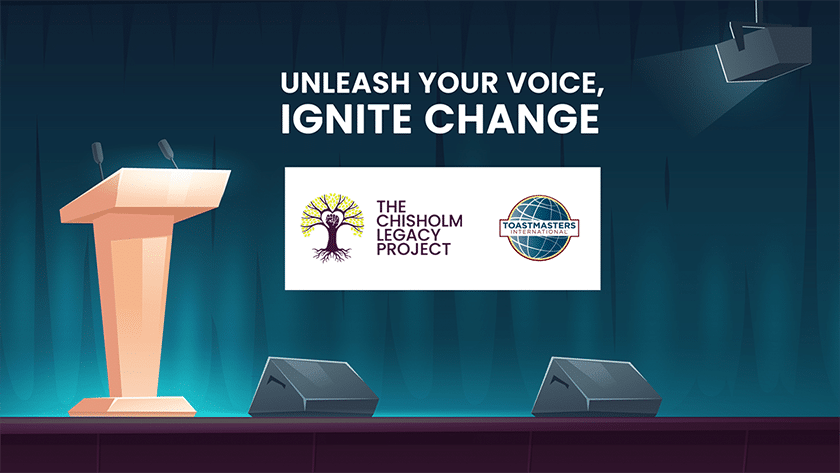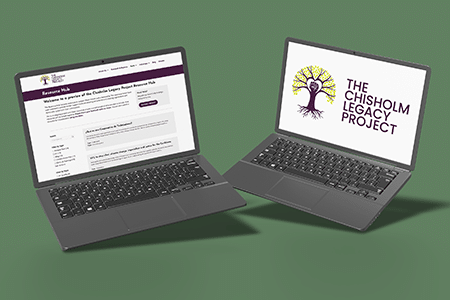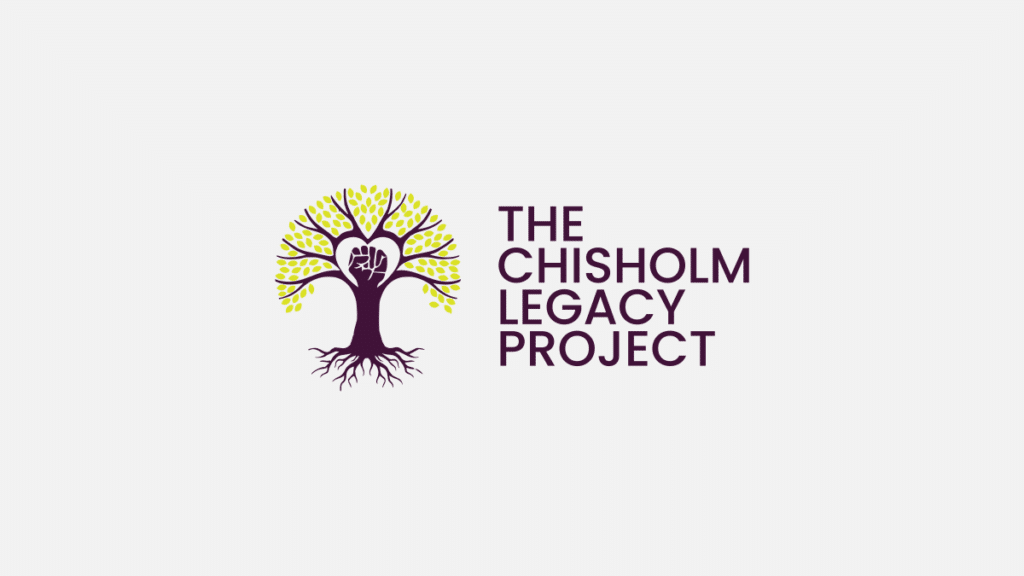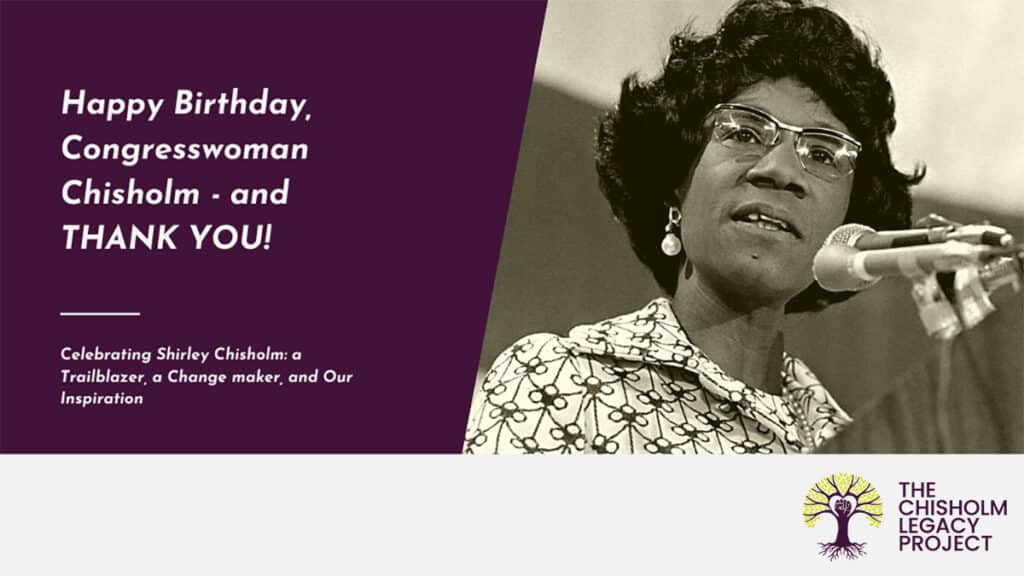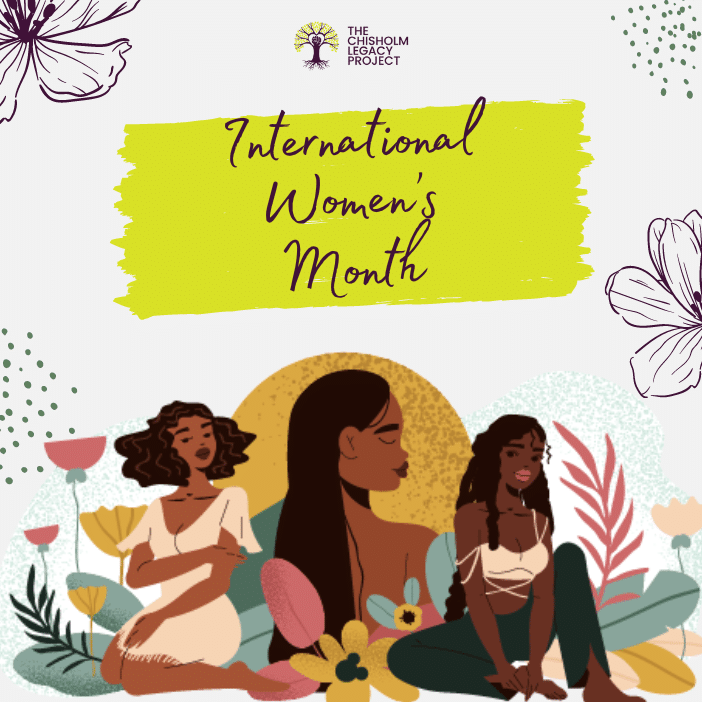
The Chisholm Legacy Project at #CSW68
Join us at the forefront of change with The Chisholm Legacy Project at #CSW68 in New York, in-person at our side events or by following us on Instagram!
We're thrilled to host three groundbreaking side events:
- Roots Reimagined: Afro-Feminist Perspectives on Climate Justice
- Afro Fest: A Night on Culture, Climate, and Creativity
- SHIRLEY: Movie Premiere and Panel
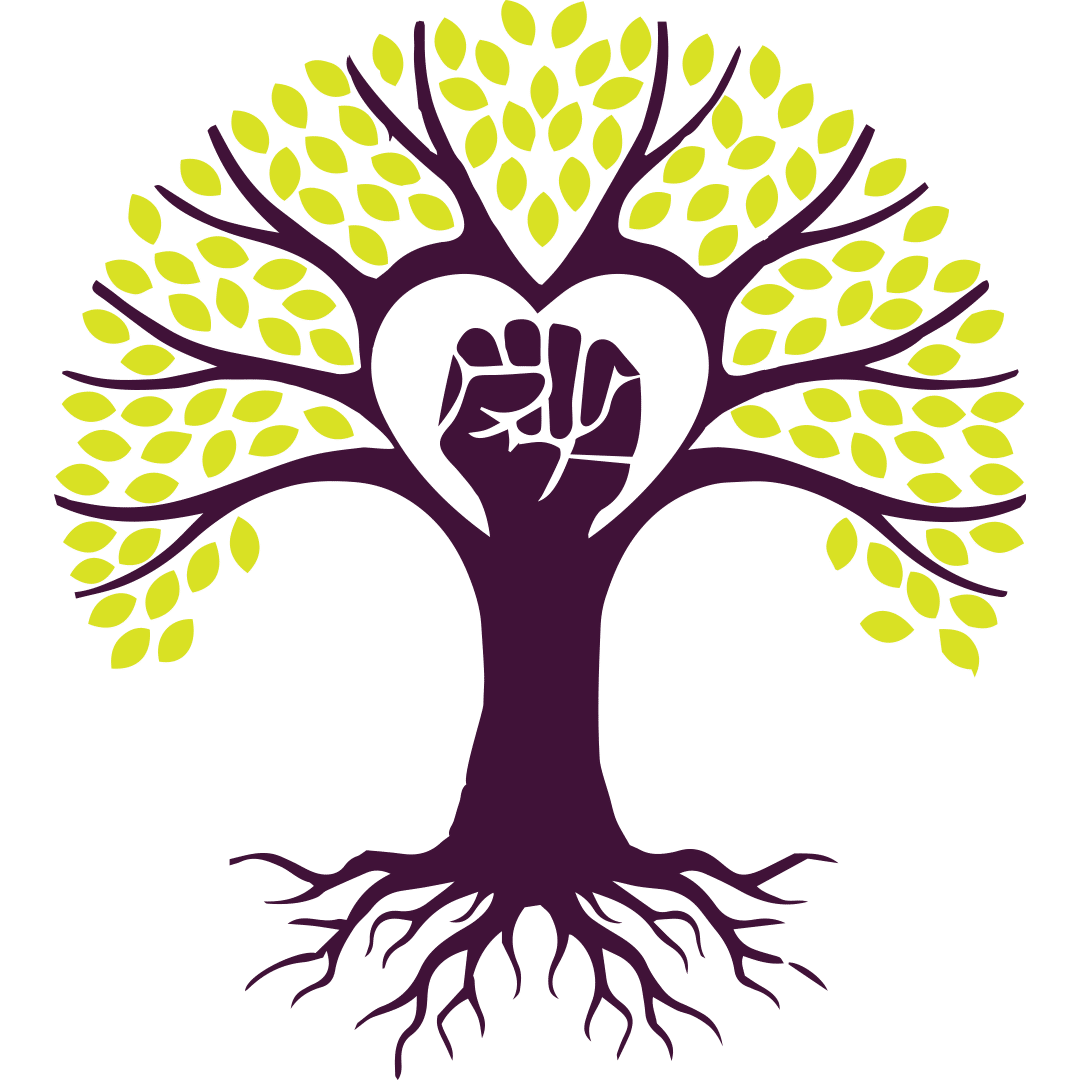
Be part of this movement
Join our email list and get updates on our work
Shirley Chisholm: Words of Wisdom
"We Americans have a chance to become someday a nation in which all racial stocks and classes can exist in their own selfhoods, but meet on a basis of respect and equality and live together, socially, economically, and politically."
"You don't make progress by standing on the sidelines, whimpering and complaining. You make progress by implementing ideas."
"Service is the rent that you pay for room on this earth."
TCLP Spotlight
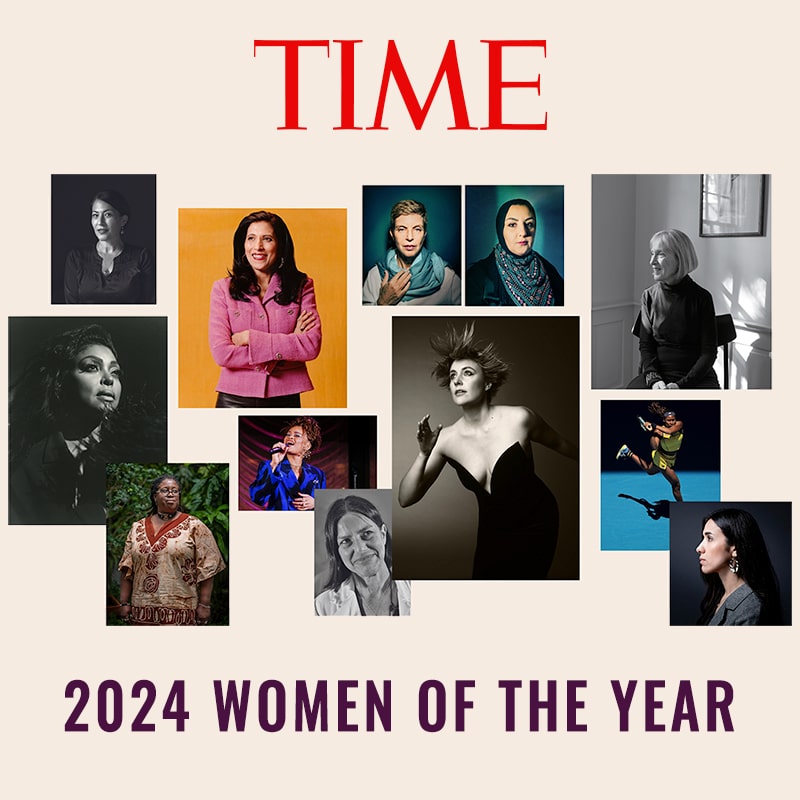
2024 TIME Women of the Year
A heartfelt congratulations to the 2024 TIME Women of the Year and the countless women on the frontlines who may not have their name in lights but whose contributions to making this a better world, all day every day, are deeply impactful.
Latest Blog Posts
A Journey Exploring Rest and Repair: Introducing Fellowship for Liberated Futures
Dr. Chera Reid, The Chisholm Legacy Project, and ProInspire announce the launch of Fellowship for Liberated Futures, an 18-month transformative program designed to empower and support Black women leaders in the social sector.
Celebrating Shirley Chisholm: a Trailblazer, a Change maker, and Our Inspiration
Today, we honor the remarkable life and enduring legacy of Congressman Shirley Chisholm, a pioneering force in American politics.

